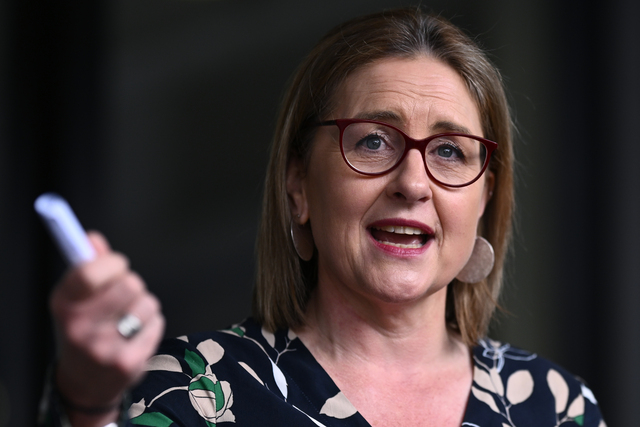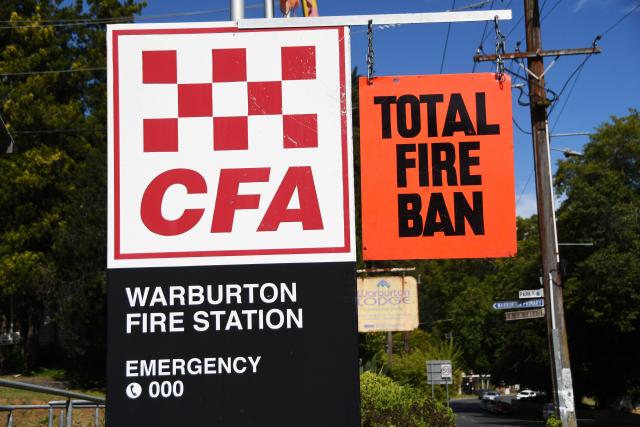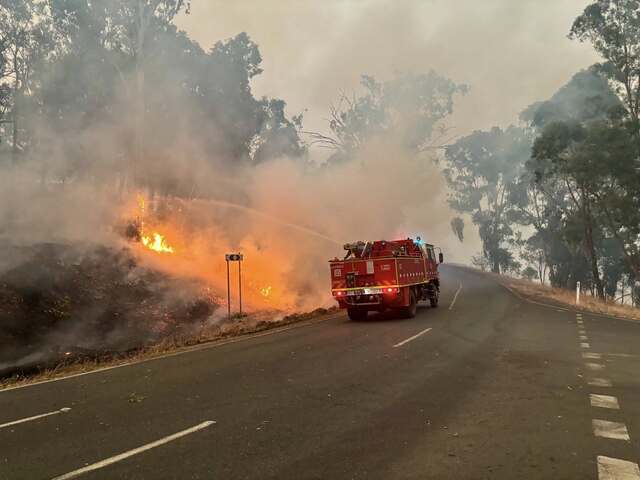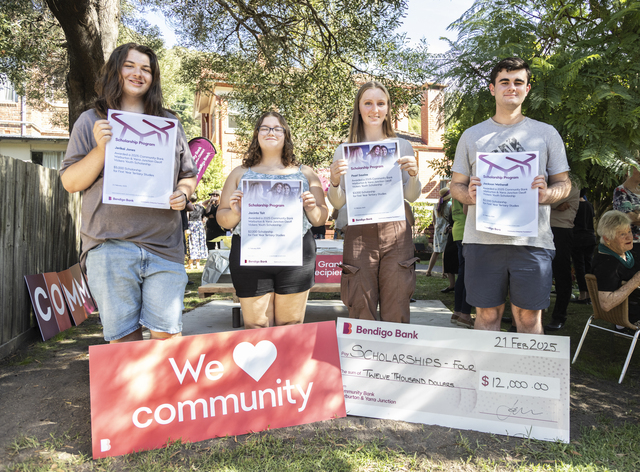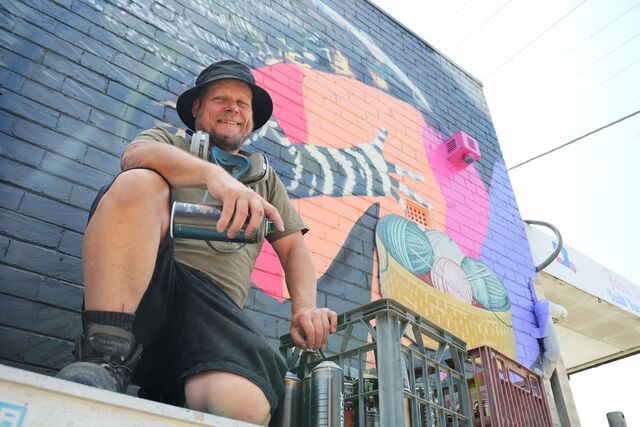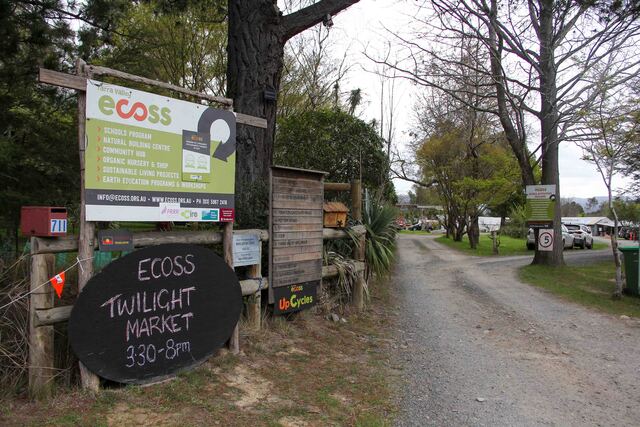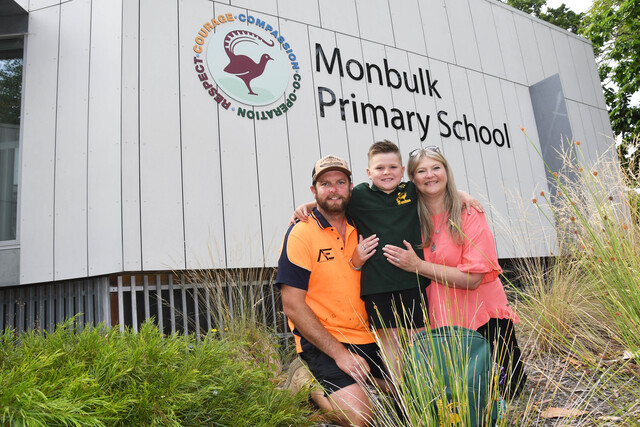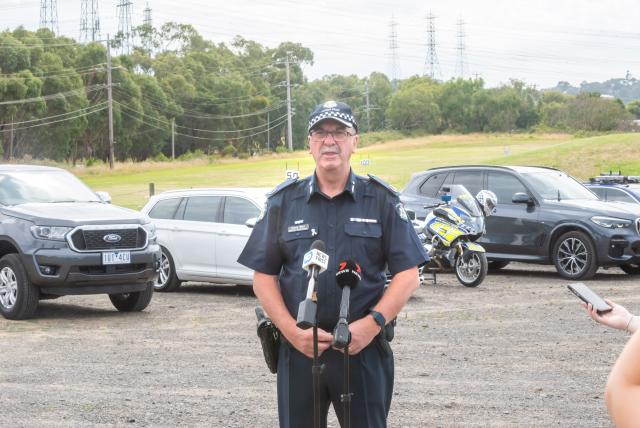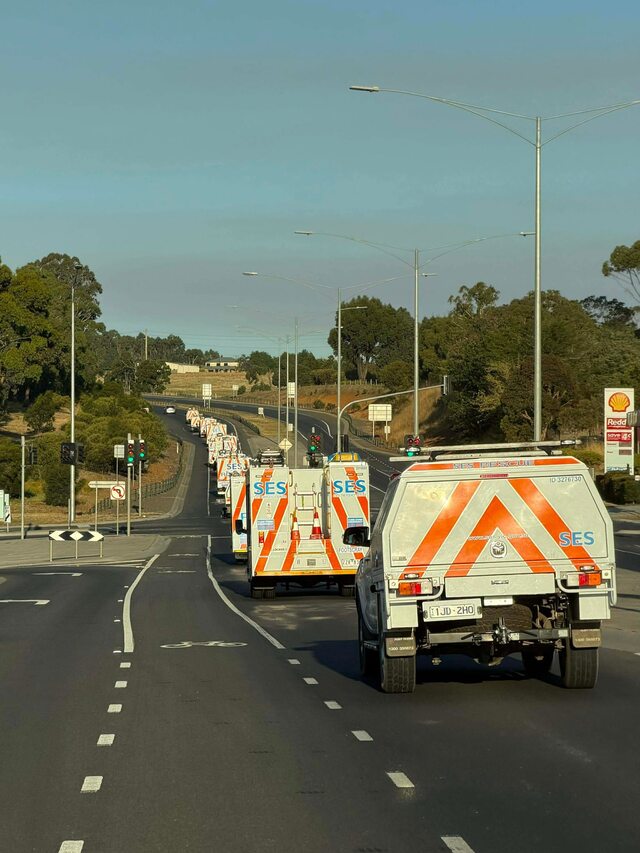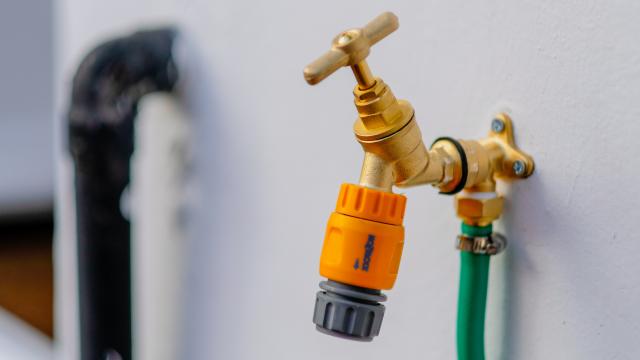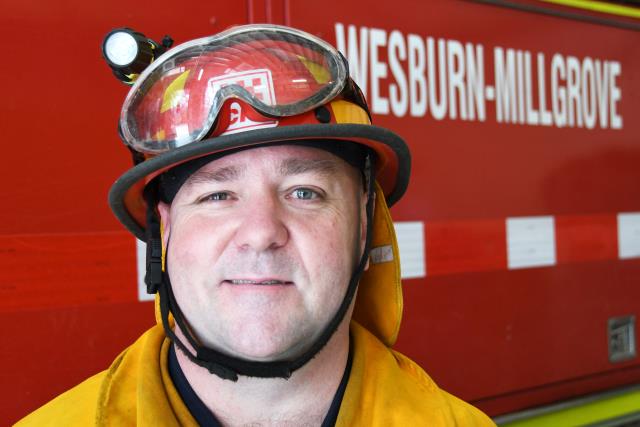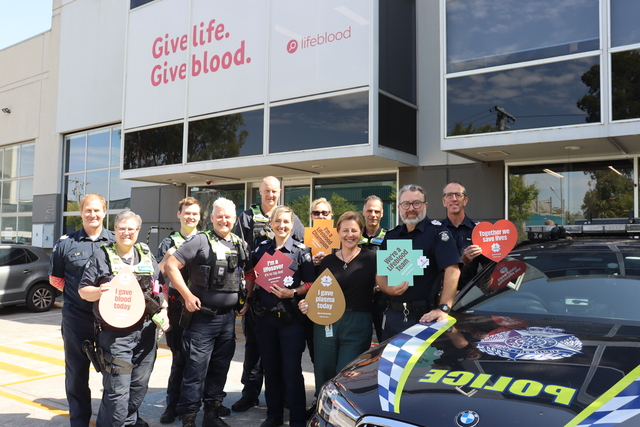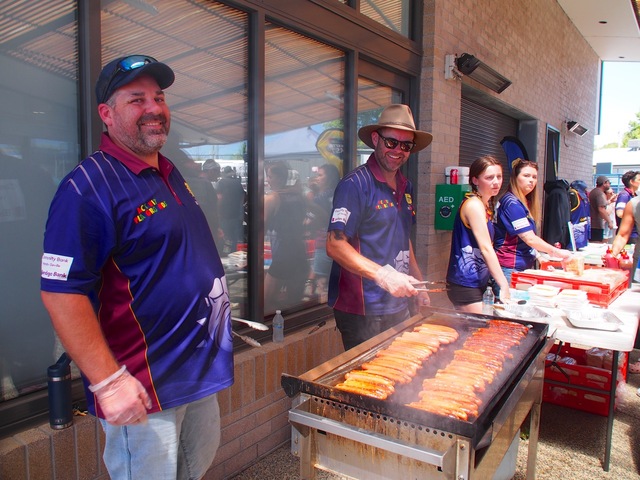Bailed crooks who commit serious crimes will find it “almost impossible” to keep their freedom under new laws.
The Victorian government introduced its second package of bail reforms to parliament on Tuesday 29 July, amid rising crime rates.
These changes include a new bail test for people accused of repeat, serious offending and a “second strike” rule for those charged with further offending.
“We are making it very clear to bail decision-makers across the system that in Victoria community safety comes first,” Premier Jacinta Allan told reporters.
“Victorians remain not just concerned but disgusted with what we are seeing with repeat offending.”
Attorney-General Sonya Kilkenny described the bail test, for people accused of one of six offences while on bail, as the “toughest” in the nation.
The offences covered are aggravated home invasion, aggravated carjacking, armed robbery, aggravated burglary, home invasion and carjacking.
Bail must be refused unless the decision maker is satisfied there is a “high degree of probability” the person won’t reoffend.
Police Minister Anthony Carbines said the test went further than NSW laws as it was not time limited and didn’t just apply to young people.
“Your chances of getting bail are almost impossible,” he said.
The “second strike” rule will also make it harder people to get bail if accused of repeat indictable offending such as burglary, theft, assault, robbery, sex offences and serious drug offences.
Ms Kilkenny said low-level drug possession, petty theft and crimes driven by poverty and homelessness would be carved out to mitigate disproportionate impact on vulnerable people.
But she made it clear those offenders would still face a bail hearing.
The legislation’s default start date is March 30, 2026 but the attorney expects the laws to come into effect “as soon as system capacity permits and it’s safe to do so”.
Victoria tightened bail laws in 2018 after James Gargasoulas drove into Melbourne’s busy Bourke Street Mall in 2017 while on bail, killing six people and injuring dozens more.
A coronial inquest into the death of Indigenous woman Veronica Nelson in 2020 found the changes were a “complete and unmitigated disaster”, sparking a relaxation of laws in 2024.
Ms Allan conceded the government “got it wrong” and vowed a crackdown on repeat serious offenders.
Its first law changes removed the principle of remand as a last resort for children, made community safety an overarching principle for bail decisions and reintroduced bail offences.
Victoria’s latest crime statistics, which showed youth offending at a record high, were collected before the harsher bail laws were rolled out.
But figures released by the justice department in mid June showed the number of youths being held on remand had doubled since the changes took effect in late March.

